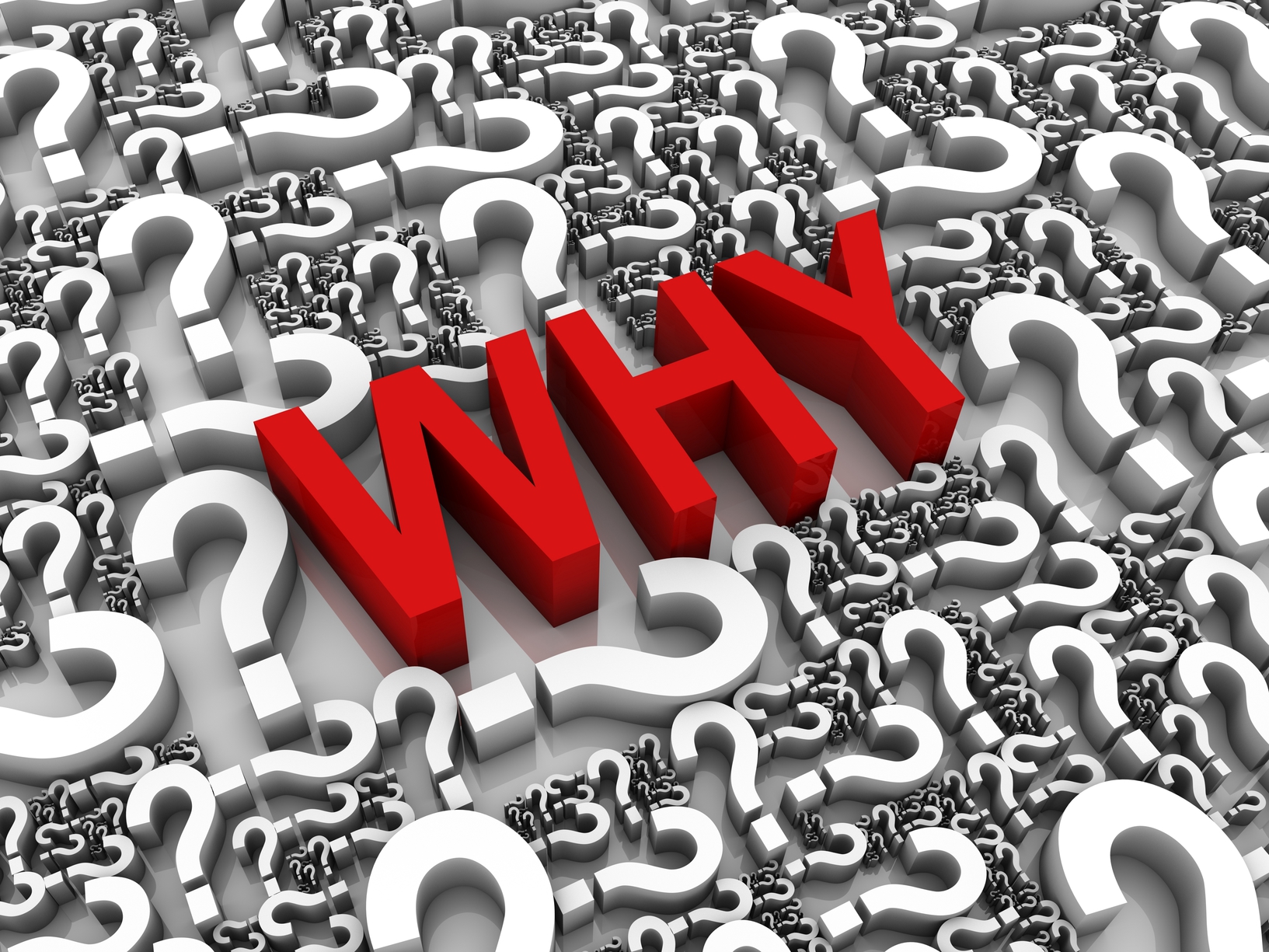At a time when African research institutions are introducing new artificial intelligence (AI) tools to revolutionize healthcare, women conti...

At a time when African research institutions are introducing new artificial intelligence (AI) tools to revolutionize healthcare, women continue to be the most excluded from these developments, according to experts who spoke at the 2nd Africa Health and Development Annual Research Symposium held at the African Population and Health Research Centre (APHRC) in Nairobi. The two-day event, which took place on November 19–20, 2025, and was co-organized by the Science for Africa Foundation, GSMA, and the East, Central and Southern Africa Health Community, brought together scientists and technology leaders to explore how to decolonize global health in the era of digital transformation. The meeting examined how to reevaluate aid and partnerships as Africa takes the lead in shaping its future, and how digital innovations can improve health across the continent. However, as new solutions emerge, concerns are increasing about women's unequal access to digital technologies and the gendered norms that still hinder their progress. Dr. Anthony Mveyange, director of programs at the APHRC, stated that discussions on decolonizing global health cannot be separated from questions of power and privilege, including gender-based power dynamics. Read: Patriarchy and connectivity: Kenya's roadblock to women in AI He described decolonization as an effort to expose and dismantle "epistemic injustices, power imbalances, patriarchy, and coloniality" that continue to position the Global North as superior to the Global South. Even within this hierarchy, he added, a white woman scholar would have more privileges than a male African scholar, highlighting how multiple layers of inequality intersect. The objective of the symposium, he said, was to make such hidden power structures visible. This included examining internal inequalities within Africa. Dr. Mveyange argued that while Africans challenge the dominance of the Global North, they must also address inequalities within families, workplaces, and communities, including the "superiority complex" that still places men above women. "If we want to engage with the world, we must also introspect," he said. "How do you treat our women? How do you treat our men? Are there balances there?" He referred to this process as "inward decolonization," noting that harmful norms within African societies often prevent women from accessing knowledge and digital tools even where infrastructure exists. Despite these disparities, APHRC is increasingly developing digital and AI-based innovations aimed at improving health access, especially for vulnerable populations. Read: The great divide: How money and geolocation dictate a Kenyan woman’s health Dr. Mveyange cited two recent AI-powered mobile applications: Faraja, a mental health app, and Amina, a Swahili-language diagnostic tool capable of distinguishing between male and female voices and identifying health conditions. He said these tools aim to reach populations typically excluded from health interventions, particularly women in rural areas. Beyond these, APHRC has developed apps that scan food barcodes in supermarkets, innovations in oxygen systems, and is involved in upcoming work building large language models in major African languages such as Swahili, Amharic, Hausa, Fulani, and Zulu. Dr. Mveyange, however, emphasized that gender inequalities persist not because knowledge is inaccessible but because social norms restrict women's access to the technologies needed to benefit from these advances. Angela Wamola, head of Sub-Saharan Africa at GSMA, highlighted the scale of the problem. She noted that although 91 per cent of Africa's population is covered by a 3G, 4G, or 5G signal, only 30 per cent have ever been online. The rural-urban divide is significant: people living in rural areas are 48 per cent more likely to be offline, she said. The gender gap is even larger, with women 35 per cent less likely than men to use the internet. She explained that this exclusion is driven by a combination of factors that continue to keep women and marginalized communities out of the digital space. These include unaffordable smartphones, high data costs, and restrictive social and cultural norms that limit women's access to technology. Read: African women have less access to the internet than men - solutions the G20 can champion "The majority of our population is offline despite being near a broadband signal," Angela said. "We must understand what is driving those barriers, including those affecting women." Angela pointed to examples showing that digital health can improve outcomes for women when systems are well-designed. A GSMA-supported pilot in Kumasi, Ghana, connected local patients to health workers in Ghana and specialists in Singapore using existing 4G infrastructure, she said. It demonstrated how digital tools can enhance diagnosis, care, and knowledge exchange, with clear potential benefits for women and underserved groups. But Angela stressed that scaling such innovations requires addressing structural challenges, particularly women's limited access to devices, data, and electricity. "One of the most critical interventions is access to energy. Many households, especially in rural areas, cannot charge or use digital devices consistently, making digital health tools ineffective," she said. mobiria@ke.nationmedia.com
Provided by SyndiGate Media Inc. (Syndigate.info).


